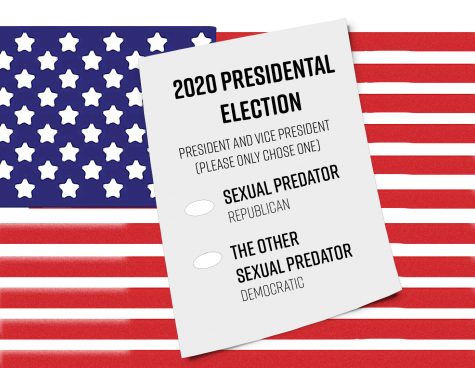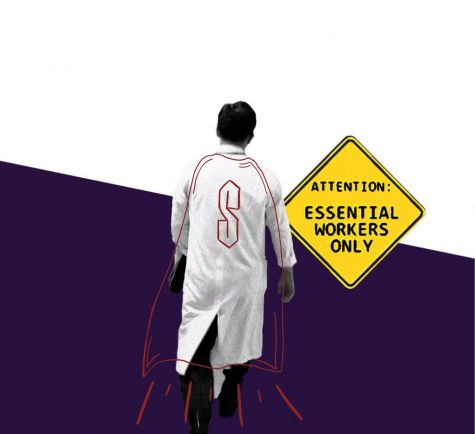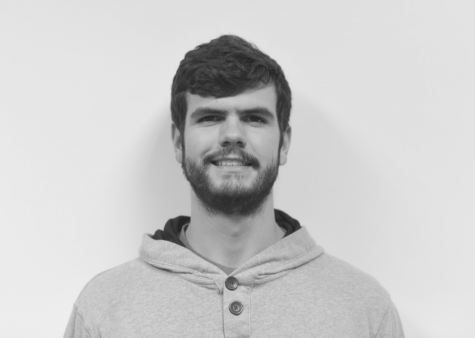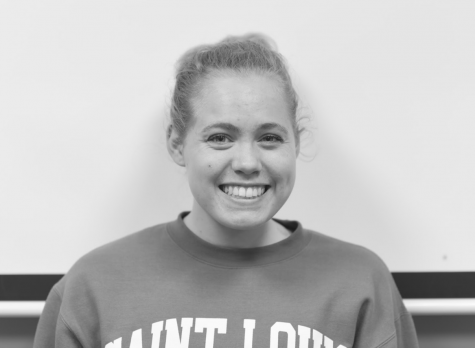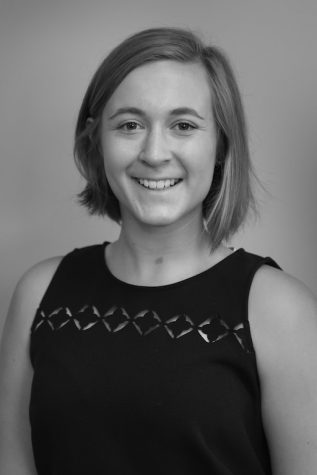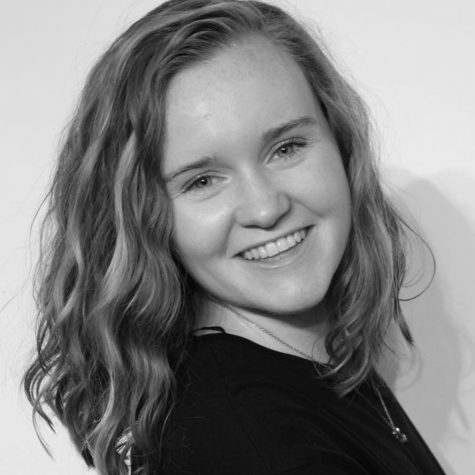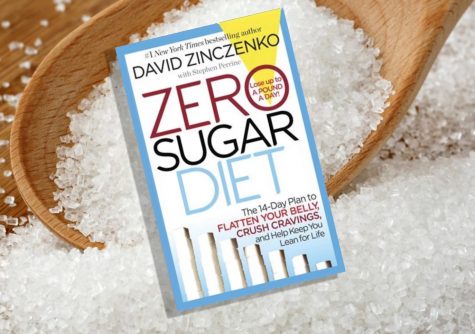Period Pains
Just this past week I was trying to help a friend out when I made a discovery in one of the bathrooms on campus. This discovery—or lack thereof—was the absence of period products, which left me questioning my own value as a woman and student on this campus. My doubts were confirmed by the fact that this was the unfortunate reality for most other restrooms around campus.
Unfortunately, this problem is not unheard of on other college campuses. Neighboring universities like SIUE have also recently spoken up about the lack of feminine products available on their campus. Nationwide, students are demanding awareness for their period pains.
School itself should be a safe learning environment. According to Maslow’s Hierarchy of Needs, our basic human needs must be met before we feel safe. Only after feeling safe can we even esteem self-fulfillment. Not providing access to menstruation products on campus strips women of our basic health needs, and consequently, our ability to reach our full potential as a student here.
One out of five girls are out of school during their periods according to the feminine product brand, Always. This phenomenon, dubbed “Period Poverty” has a negative effect on the education that girls receive around the world; not feeling comfortable and safe enough to attend school during their periods causes regular absences that can lead to falling behind or dropping out completely.
This lack of education can limit career opportunities as well as quality of life. It is a shame that girls around the world are already restricted by the glass ceiling as well as gender gap in the workplace—not to mention by their natural and healthy cycles of menstruation.
Ignorance about menstruation often condemns this purely biological subject to taboo and stigma, which affects girls in other parts of their lives as well. Cultural barriers such as the lack of education and awareness surrounding periods often leave girls feeling shameful about their own bodies. In Bolivia, for example, menstrual blood is misconstrued as having toxic qualities. In some parts of India, women are banished for five days during their menstrual cycles to a gaokor, or isolated hut, as a consequence for their menstrual “impurity.”
Even as a completely normal bodily process, lack of resources to maintain periods can hinder girls’ self-esteem and confidence. However, with proper protection women would be able to feel more comfortable and accepting of themselves and their gender.
Women of low income earnings are particularly cramped by the inaccessibility to menstruation products. Despite being classified by the FDA as a “medical device,” feminine products are not covered by welfare programs. What’s more, these products are subject to a luxury tax equivalent to drugs like cigarettes and alcohol.
These ludicrous regulations only further dehumanize those that are already struggling. In a world where toilet paper is widely available in (almost) every restroom, other basic hygienic needs like periods should be addressed right alongside it. After all, most women I know would not consider theirs periods a luxurious experience by any means.
The severity of this period plight has driven many to take action. Among these include SLU’s Project Period—a student-led group focused on menstruation advocacy—who will stock SLU’s restrooms around campus with over fourteen thousand tampons and pads by the end of February. These products will not only meet our basic needs to feel clean and safe, but more importantly they will begin to restore our value as women on campus.
The efforts of those involved in Project Period are a testament to the power of our voices when we refuse neglect and maltreatment. Let us use this pivotal victory on our own campus as a push off point to make universal the availability of feminine products. Only in this way can we reach our potential and realize our utmost value as a gender. Not to mention that we would have one less period pain to deal with.
Your donation will support the student journalists of Saint Louis University. Your contribution will help us cover our annual website hosting costs.



